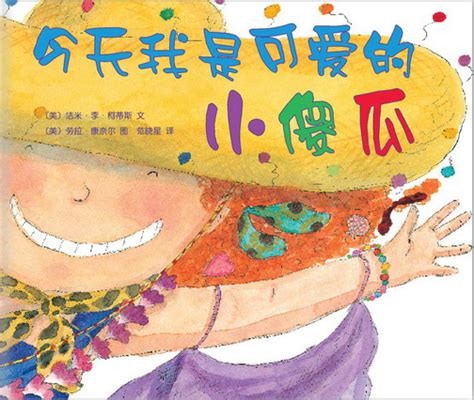小傻瓜用英文翻译怎么写
How to Translate "小傻瓜" into English
内容:
When it comes to translating the Chinese term "小傻瓜" into English, there are several possible ways to convey its meaning. "小傻瓜" is a term of endearment used to describe someone who is cute and silly in a lovable way. Here are some ways to translate this term:
1. Sweetheart:
"Sweetheart" is a common term of endearment used to affectionately refer to someone you care about. It captures the sweetness and affectionate nature of the term "小傻瓜" in English.
Example: "Hey, sweetheart, you always make me smile with your silly jokes."

2. Cutie pie:
"Cutie pie" is another term that conveys the idea of someone being adorable and playful. It is often used to describe someone who is charmingly naive or innocent, just like a "小傻瓜."
Example: "You are such a cutie pie, always finding joy in the simplest things."
3. Silly goose:
"Silly goose" is a playful and lighthearted way to describe someone who acts foolishly or does silly things. It captures the sense of playfulness and gentle teasing associated with being a "小傻瓜."
Example: "Oh, you silly goose! Why did you try to catch that falling leaf?"
4. Little goofball:
"Little goofball" is a term that combines the ideas of being both playful and silly. It is often used to describe someone who is always doing humorous or silly things, just like a "小傻瓜."
Example: "You're such a little goofball, always making everyone laugh with your funny antics."
It's important to note that the translations provided above are not literal, but rather capture the essence and affectionate tone of the term "小傻瓜" in English. The choice of translation may also depend on the context and the relationship between the speaker and the person being referred to.
In conclusion, "小傻瓜" can be translated into English in various ways, such as "sweetheart," "cutie pie," "silly goose," or "little goofball." Each translation captures the idea of someone being cute, playful, and lovably silly.











